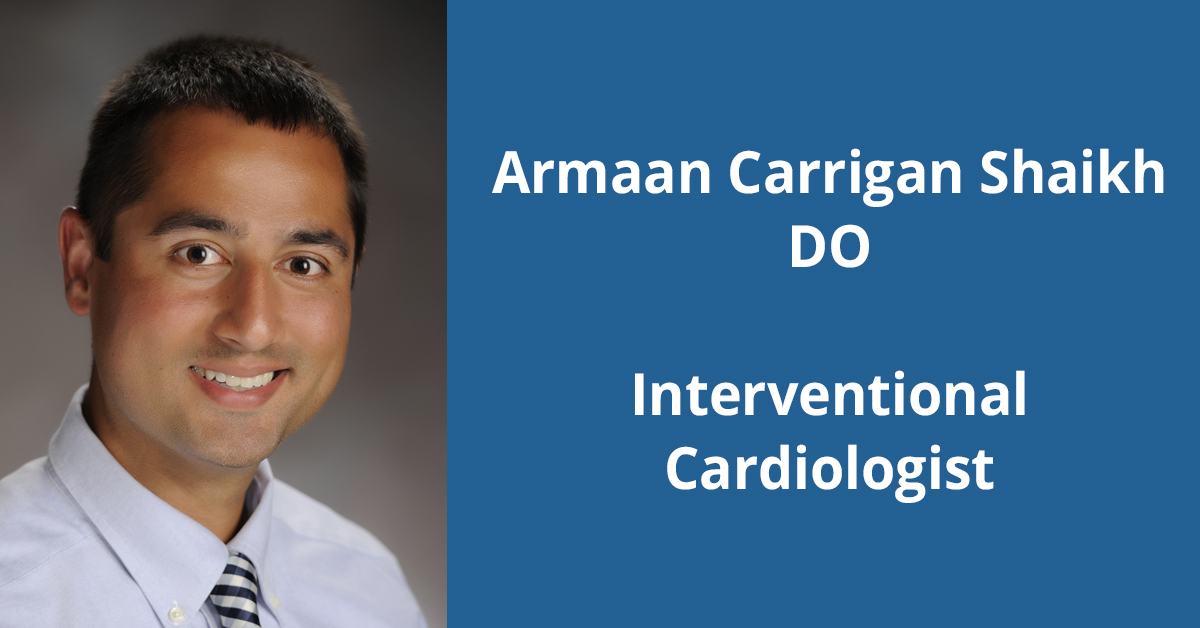
When a more invasive approach is required to address a patient’s increasing cardiovascular risk or a worsening heart condition, their cardiologist may want them to see a specialist – an interventional cardiologist.
And yes, there’s a difference between the two specializations.
Cardiologists treat patients with heart and vascular disease, heart failure, congestive heart failure and other managed heart diseases. They have special training and skill in finding, treating and preventing diseases of the heart and blood vessels. They work with patients from prevention (screening) to diagnosis and through ongoing medical management.
Interventional cardiology is a specialized field within cardiology that deals specifically with catheter-based treatments of structural heart diseases. Interventional cardiologists have one to two years of additional education and training in diagnosing and treating cardiovascular disease as well as congenital and structural heart conditions through catheter-based procedures.
Catheterization can be used for many common heart procedures. Typically, this involves the insertion of a small, flexible tube into a groin or arm artery which is fed through the body to the heart. An interventional cardiologist uses this device to gather information, take pressure measurements, collect images of the heart’s arteries and repair arterial blockages.
Other interventional cardiology treatments include, but are not limited to:
- Diagnostic cardiac catheterization and angiography
- Coronary stenting
- Balloon angioplasty
- Intravascular ultrasound
- Mitral and aortic valvuloplasty
When a patient is referred to an interventional cardiologist, it means he or she will receive another level of specialized care from a highly-specialized medical expert.